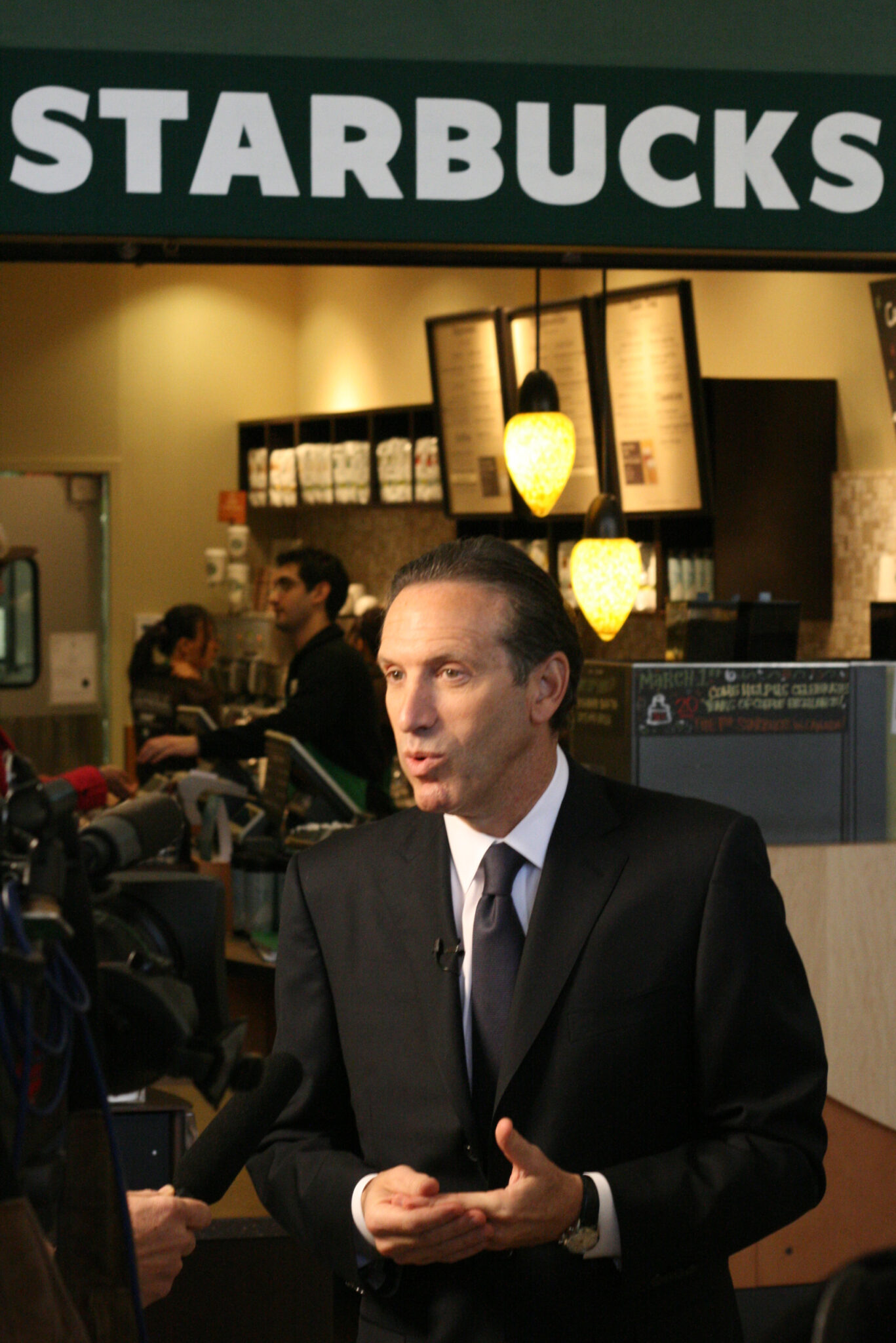
Greg Volynsky is a student at Harvard Law School.
In today’s News & Commentary, NLRB General Counsel aims to limit employers’ ability to hire temporary replacements during some lockouts, forty-four corporate Starbucks employees sign open letter urging neutrality towards unionization efforts, and Senator Sanders plans vote to subpoena Starbucks CEO.
NLRB General Counsel Abruzzo aims to curtail employers’ ability to hire temporary replacements during offensive lockouts, Bloomberg reports. In 1965, the Supreme Court in NLRB v. Brown recognized employers’ right to use temporary replacement workers following a strike against one member of a multiemployer association. In Harter Equipment (1986), the NLRB extended this right to lockouts without a strike or threatened strike (so-called offensive lockouts). The Harter Board made two key inferences: first, that the use of temporary employees during a lockout is reasonably related to achieving bargaining objectives, and therefore is a legitimate economic weapon. Second, that temporary replacements have a “comparatively slight” effect on employee rights. The current NLRB appears poised, when opportunity arises, to find otherwise.
On Wednesday, as reported by Michelle and explained by Ben, an NLRB Administrative Law Judge ruled against Starbucks. On Wednesday morning, Starbucks Workers United released an open letter signed by corporate employees and managers, expressing disappointment with the company’s in-person work mandates and anti-union efforts. The employees condemned Starbucks for “tampering with the federal right of store partners to have fair elections, free from fear, coercion, and intimidation,” and urged Starbucks to commit to being neutral towards unionization efforts. The short letter was signed by forty-four employees. A year ago, Bloomberg reported that the anti-union campaign had led to corporate employees losing faith in the company. The fact that employees signed the letter raises the possibility of corporate employees unionizing.
Senator Bernie Sanders announced—also on Wednesday—that the Senate Health, Education, Labor and Pensions (HELP) Committee will vote on March 8th on issuing a subpoena to Starbucks CEO Howard Schultz. Senator Sanders condemned the company’s violation of labor law, and claimed that Schultz has been evading oversight attempts for close to a year. On Thursday, in a letter to the top Democrat (Sen. Sanders) and Republican (Sen. Cassidy) on the HELP Committee, Starbucks responded that they are “shocked and deeply concerned” that the Committee rejected the company’s offer for the Executive VP to testify on the company’s behalf instead of Schultz. The letter argued that “Schultz is not the right witness for the hearing,” because he is an interim CEO, plans to step down this month, and delegated decision-making on union issues. Senator Sanders responded that he is also “shocked and deeply concerned” by the CEO’s continued defiance of oversight efforts.
Amid these developments, Starbucks tapped Shelly Ranus, formerly an assistant general counsel for brand protection, to serve as the acting chief ethics and compliance officer. Tyson Avery served in the role for three years before departing last month.






Daily News & Commentary
Start your day with our roundup of the latest labor developments. See all
July 1
In today’s news and commentary, the Department of Labor proposes to roll back minimum wage and overtime protections for home care workers, a federal judge dismissed a lawsuit by public defenders over a union’s Gaza statements, and Philadelphia’s largest municipal union is on strike for first time in nearly 40 years. On Monday, the U.S. […]
June 30
Antidiscrimination scholars question McDonnell Douglas, George Washington University Hospital bargained in bad faith, and NY regulators defend LPA dispensary law.
June 29
In today’s news and commentary, Trump v. CASA restricts nationwide injunctions, a preliminary injunction continues to stop DOL from shutting down Job Corps, and the minimum wage is set to rise in multiple cities and states. On Friday, the Supreme Court held in Trump v. CASA that universal injunctions “likely exceed the equitable authority that […]
June 27
Labor's role in Zohran Mamdani's victory; DHS funding amendment aims to expand guest worker programs; COSELL submission deadline rapidly approaching
June 26
A district judge issues a preliminary injunction blocking agencies from implementing Trump’s executive order eliminating collective bargaining for federal workers; workers organize for the reinstatement of two doctors who were put on administrative leave after union activity; and Lamont vetoes unemployment benefits for striking workers.
June 25
Some circuits show less deference to NLRB; 3d Cir. affirms return to broader concerted activity definition; changes to federal workforce excluded from One Big Beautiful Bill.